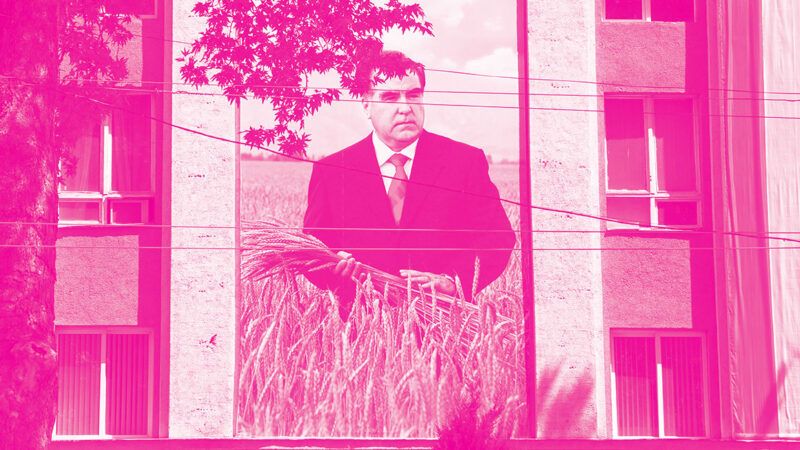The Sick Man of Central Asia
Tajikistan remains economically underdeveloped despite plentiful natural resources.

Reason's December special issue marks the 30th anniversary of the collapse of the Soviet Union. This story is part of our exploration of the global legacy of that evil empire, and our effort to be certain that the dire consequences of communism are not forgotten.
Of all the countries to emerge from the dissolution of the Soviet Union, Tajikistan has arguably fared the worst. It ranks 149th out of 180 countries in Transparency International's Corruption Perception Index, worse than every other former Soviet republic except Turkmenistan. It has the highest poverty rate of the former Soviet republics; a full 27 percent of its gross domestic product (GDP) is the result of remittances sent home by Tajik migrants working mostly in Russia; and its GDP per capita for 2021 ($810) ranks 179th out of the 195 countries for which the International Monetary Fund has data.
Why is Tajikistan so poor? It is landlocked, which means importing and exporting are more expensive and the country is more vulnerable to supply chain disruptions. And the violent civil war that followed the USSR's fall, which pitted the incumbent Soviet power holders and their militias against a coalition of liberal reformers, anti-Soviet Islamists, and ethnic minorities, killed tens of thousands of people and displaced over 1 million Tajiks.
But geography and past conflict only explain so much. Tajikistan is rich with largely untapped mineral resources, and its mountain ranges are ideal for the kind of ecotourism that has made Nepal one of the fastest-growing economies in the world.
Tajikistan is the sick man of Central Asia because it is ruled by a despot who has enriched himself and his relatives at the expense of millions of his malnourished countrymen. Emomali Rahmon has been Tajikistan's official president since 1994 and "Leader of the Nation"—a lifetime appointment that provides him with immunity from prosecution—since 2015. In all but name, he is a king.
Like most despots, Rahmon has an ironclad grip on every aspect of his country, from media to business to the practice of religion. Many of his relatives hold key positions of power, with his son Rustam serving as the mayor of the capital city, Dushanbe, and one of his sons-in-law holding a key position at the National Bank of Tajikistan.
Rahmon's rule has been predictably poor not just for the rights of Tajiks but also for the country's economy. The Economist found that a state-owned aluminum refining operation overseen by the Rahmon family has been routing hundreds of millions of dollars annually to a shell company in the British Virgin Islands.
While Tajikistan has welcomed foreign investment with open arms and nominally generous terms, it has found few takers. According to a 2020 U.S. State Department Investment Climate Statement, "bureaucratic and financial hurdles, widespread corruption, a largely dysfunctional banking sector, non-transparent tax system, and countless business inspections greatly hinder investors."


Show Comments (31)